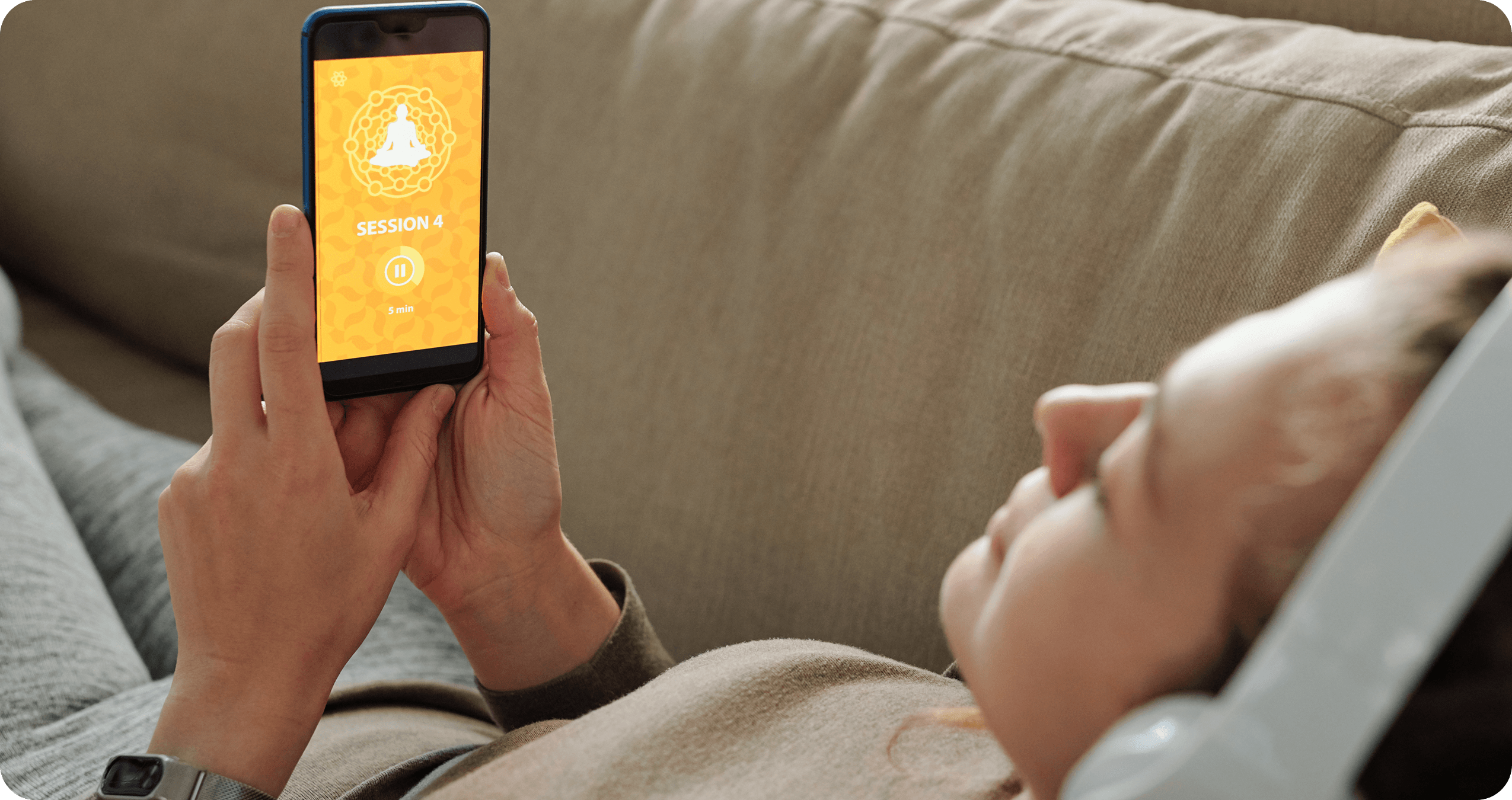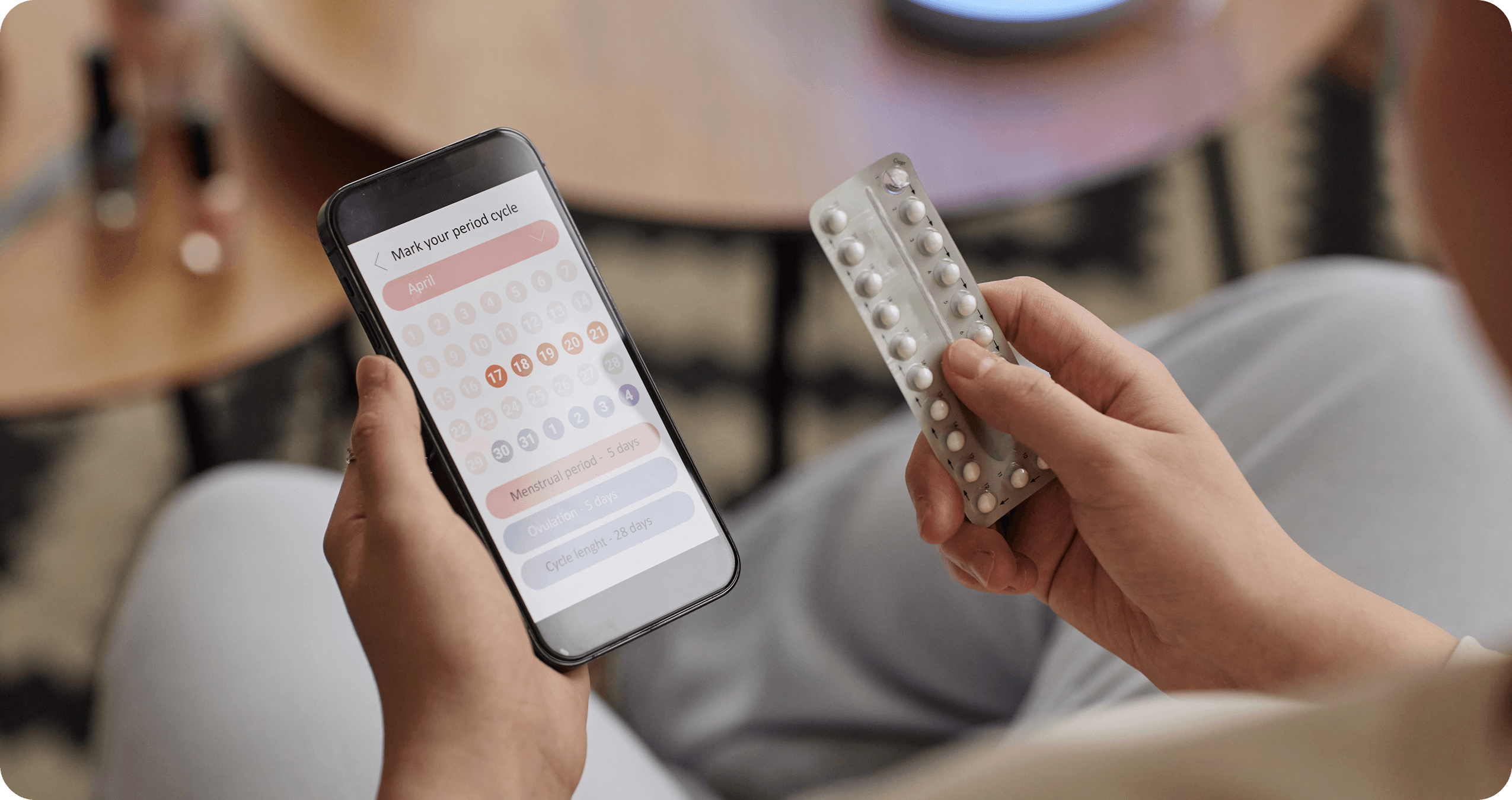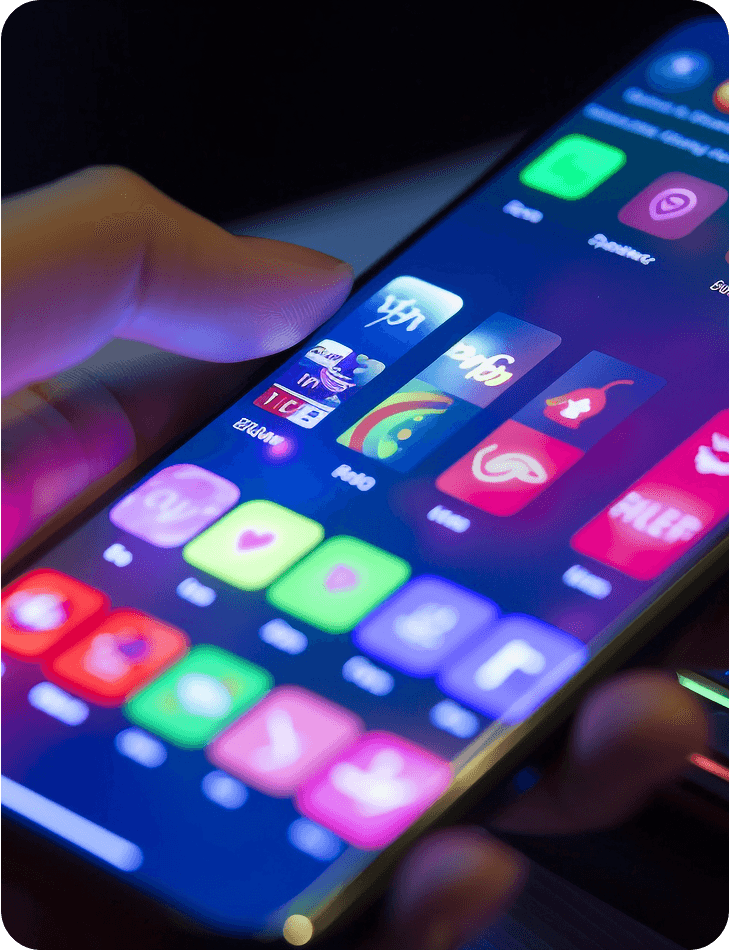Overview
Are you considering starting a business in the healthcare industry? The industry is growing fast and on course to be a trillion-dollar market soon-seems like your decision may make sense.
By 2029, the digital care management market will reach $133.9 billion, growing at 9.66% CAGR, with user numbers increasing from 14.29% to 18.62%. Healthcare providers, therefore, must adapt to the growing demand for digital tools as consumers increasingly seek convenient options for their healthcare needs.
The COVID-19 pandemic has heightened global health awareness, making careers in healthcare more appealing than ever. For entrepreneurs, developing an innovative healthcare app presents a valuable opportunity to gain a competitive edge.
In this article, we bring you our list of top healthcare app ideas that hold a sense of hope for anyone looking towards their ongoing or new business development.
8 Best App Ideas for Healthcare 2025
In recent years, mobile apps have significantly impacted the healthcare sector, providing new possibilities for aspiring entrepreneurs. Those enthusiastic about telemedicine, handling chronic care, or encouraging fitness, creating a healthcare app can make a significant impact. Entering this world of healthcare app development allows one to positively impact individuals' lives while simultaneously creating a successful company. So here are the best healthcare app ideas that might rule for the years to come.
1. Telemedicine Apps
Telemedicine apps, leveraging cloud computing and video conferencing APIs, gained massive popularity during and after the pandemic. These apps allow users to connect with licensed healthcare providers in real time, without visiting a clinic. Telemedicine solutions incorporate features like virtual diagnostics, integration with electronic health records (EHR), and secure encrypted communication protocols (e.g., TLS/SSL).
Why will this idea work?
- Reduced healthcare costs through remote consultations.
- Accelerated access to medical services via scalable cloud-based platforms.
- Significant market growth, particularly in regions like the USA.
- Advanced features like AI-based triaging and EHR integration enhance app functionality.
2. Mental Health Apps
Given the prevalence of mental health problems, particularly during the aftermath of a pandemic, apps designed to cater to mental health have become common, with categories dedicated to self-help tools, mood-tracking algorithms, or professional consultations. These apps leverage machine learning to serve users personalized mental health workouts, thought-provoking mindfulness prompts, and comforting reminders.
Why will this idea work?
- The increased global attention to mental health awareness.
- Computer-mediated/personalized Cognitive Behavioral Therapy (CBT) AI assistive cv programs.
- Mood tracking, real-time IoT device integration, and real-time data analytics.
- Using Natural Language Processing (NLP), apps offer seamless interaction with users.
3. Sleep and Meditation Apps
Leveraging wearable technology, sleep and meditation apps help users track sleep patterns and engage in guided meditation sessions. Apps use algorithms to monitor circadian rhythms, providing personalized feedback based on data gathered from devices like smartwatches.
Why will this idea work?
- Users increasingly seek personalized health solutions, and AI-driven sleep pattern analysis enhances app efficacy.
- Cloud-based infrastructure enables scalability and personalized recommendations for individual users.
- AR/VR integration transforms traditional meditation apps into engaging, multisensory experiences, enhancing user retention.

4. Chronic Care Management Apps
Chronic care management apps connect with various medical devices and IoT-enabled wearables to check vital signs such as blood pressure, glucose levels, or heart rate. The apps certify secure storage of health data in HIPAA-compliant databases, scheduling appointments, and providing treatment plans for all.
Why will this idea work?
- Chronic conditions affect millions globally, creating demand for robust app solutions.
- IoT sensors allow healthcare professionals to perform real-time health monitoring.
- With data visualization dashboards, apps allow patients and doctors to have all health progress results in one place.
5. Fitness and Home Workout Apps
These apps offer users AI-led workout plans that are customized based on fitness levels. Integrated with wearable fitness trackers, they provide real-time data analytics for evaluating performance and suggesting adjustments to workout routines.
Why will this idea work?
- There is significant growth, and it's expected to reach $4.8 billion by 2030 in the fitness app market.
- More people are using home workout apps as the apps offer tailored fitness plans generated by AI.
- Wearables provide insights for monitoring heart rate, caloric burn, and physical activity with precision.
6. Online Pharmacy or Medicine Delivery Apps
Online pharmacy apps simplify medication management by integrating prescription uploads, automated refills, and real-time inventory systems. Using AI and blockchain, these apps ensure secure transactions and authentic delivery of medications to patients.
Why will this idea work?
- Seamless order fulfillment via AI-enhanced supply chain management.
- Secure medication transactions using blockchain technology for tracking authenticity.
- A growing preference for convenient digital solutions, driven by advancements in e-commerce logistics and real-time tracking.

7. Medical Chatbot Apps
Medical chatbot apps use the strength of Natural Language Processing (NLP) and AI, differentiating them from conventional applications, as they can provide personalized healthcare advice and quick answers to users' questions. These apps use data mining and machine learning to deliver accurate, context-aware responses on medical conditions, medications, and health guidance.
Why will this idea work?
- 24/7 assistance provided by chatbots minimizes dependence on human agents for non-urgent queries.
- AI-driven chatbots offering tailor-made answers using user data have grown in significance.
- Healthcare organizations can license scalable chatbot API services to generate revenue.
8. Elder Healthcare Apps
Elder healthcare apps use IoT-connected devices and AI-based monitoring systems to help seniors manage their health. These apps feature GPS tracking, real-time vitals monitoring, and emergency alert systems, offering valuable tools for seniors and caregivers.
Why will this idea work?
- The growing aging population demands tailored health solutions.
- Features like AI-based anomaly detection for detecting falls and image-assessment technology improve the safety of senior users.
- Real-time communication with caregivers and healthcare providers enhances elder care.
Building a Successful Healthcare App with Expert Guidance
As you consider developing a healthcare app, focusing on UX/UI design, secure data transmission (such as using end-to-end encryption and adhering to HIPAA regulations), and seamless integration with cloud services and APIs is essential. Following this guide on healthcare mobile app ideas will help you excel in your entrepreneurial journey in healthcare.
Collaborate with an experienced healthcare app design company like CodeDTX for a state-of-the-art product built with cutting-edge technologies and adherence to the highest industry standards.
With the right approach and the right mobile app design company, your healthcare app could significantly impact patient outcomes while carving out a successful business niche.





